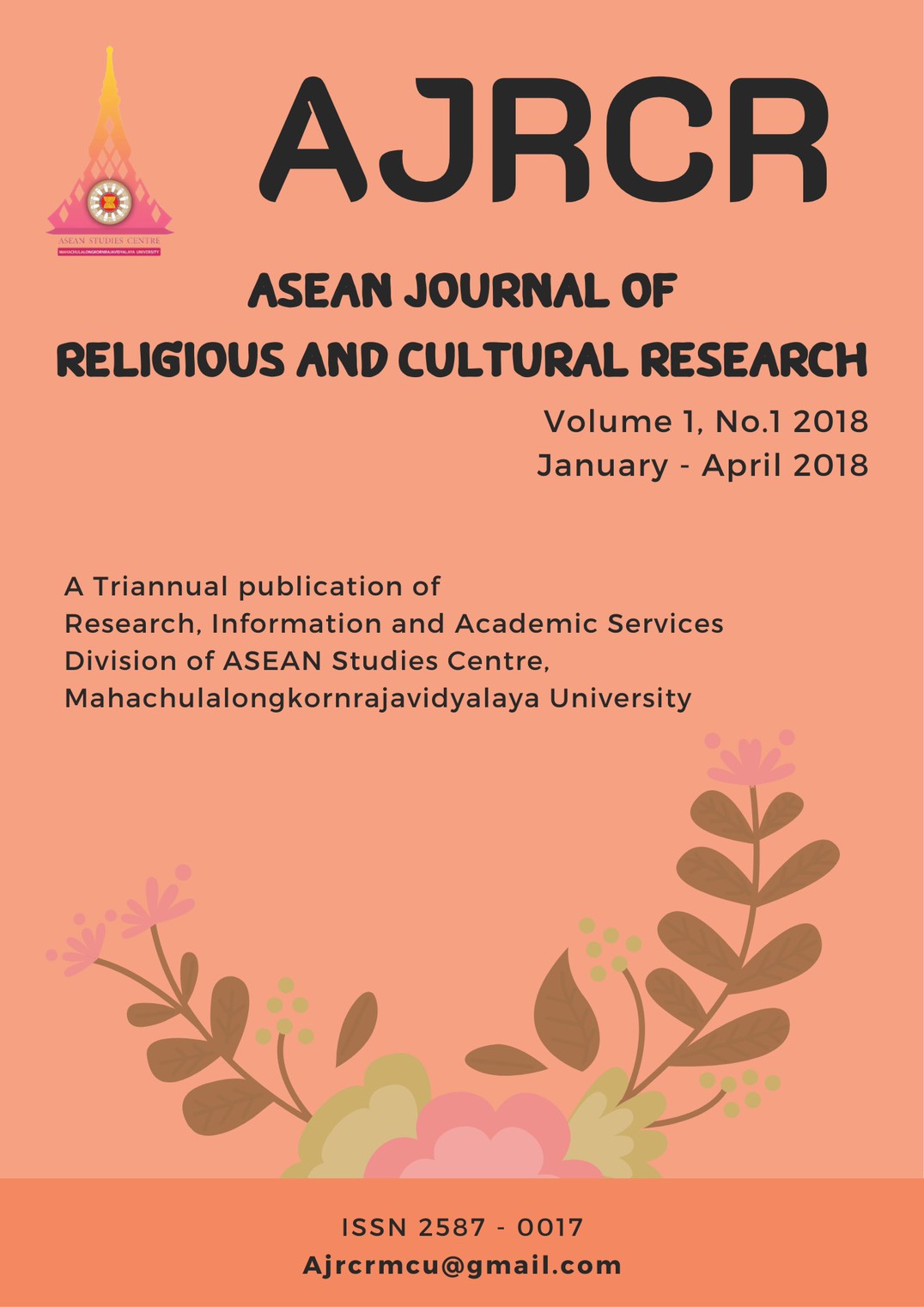HERMENEUTICS IN ISLAM: A CASE STUDY OF INDIA
Abstract
Hermeneutics, a science of knowledge, is an important tool to understand the philosophical methodology of Islam. India, a multicultural democracy, and Hindu dominated State, continues to propagate against Muslims and Islam. Media is also playing a damaging role by patronizing the Muslims as anti-nationalists. Whereas, Hindu ideology, owing to powerful belief, managed to survive due to the resilience of political institutions, radical support from nationalist parties, monolithic majoritarian and Hindutva lobby resulting in multidimensional conspiracy. Consequently, several Islamic Codes are being targeted by rightist Hindu forces in India. Politically motivate and hidden agenda of ruling BJP to outlaw Triple-Divorce by any means is a pre-planned policy to alienate Muslims from the mainstream of society. Hijab, an Islamic Dress Code, largely followed by Muslim women, whereas Love Jihad that refers to marriage of Muslim men against the wish and will of Hindu women, remain heated discussion in India. Besides, cow-meat politics, historical existence of Islamic monuments, Madarsa (Islamic Schools), motivated violence in university and college campuses and communal lynching create ideological divisions between Islam and Hinduism in India. Such divisive beliefs is neither supported by hermeneutical Islamic thought nor accepted by the universal truth of Islam. Historical foundations and socio-cultural ethos of eight hundred years of Islamic Rule in India are being distorted and rewritten by saffron minded people. Hermeneutic interpretation of Islam in India remains a political tool of ruling intelligentsias who have no right to decide the personal religious choice of Muslim Personal Law. The paper examines Hermeneutic concept of Islam in a comparative dimension in India which needs to be understood in a broader perspective. It requires collective patience, knowledge power, humanitarian understanding and spirit of plural culture. Hermeneutical sayings, explanations and translations in dealing the Quran, remain a miracle in terms of language, social reality, theory and practice of life in Indian and the world. Quran, an organic whole, remains integrally connected and self-explanatory without any change since last 1410 years. With strong dialogical process, Islam remains an integral to hermeneutics understanding with an open and clear message where the Quran, the Holy Book of Islam, has been adopted and practiced by Muslims across India and the world.






